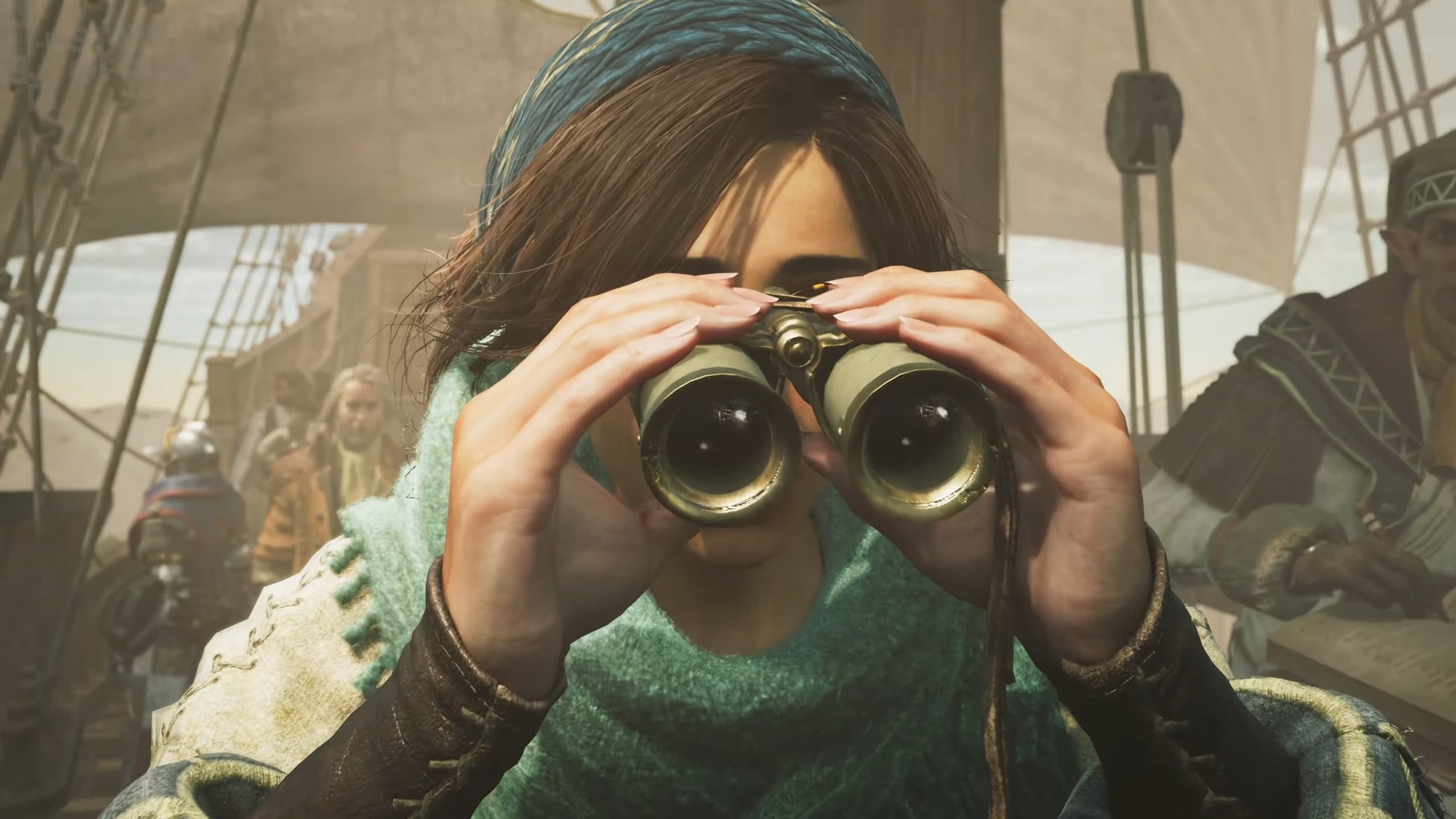
The modern Monster Hunter games have offered traditional English and Japanese voiceovers for many years post-World, but these action RPGs have also long come with a less conventional option: an aptly named "Monster Hunter language" (MHL) that developer Capcom created to help flesh out the series' universe. Fictional or constructed languages (conlangs) can vary dramatically in the effort, depth, and consistency put into them, and they can consequently be a nightmare to translate. But for over five years one Monster Hunter fan has been poring over Capcom's creation to create a usable MHL lexicon. With Monster Hunter Wilds set to launch on February 28, 2025, they're now in a mad dash to finish the process before Capcom can finish the next game in the series.
A recent Reddit post from Monster Hunter scholar Sheepwife1, or Moofah Melody, put this Herculean project on my radar, and I immediately reached out to talk through it. They're a former high school AP English teacher, a linguist "for fun," and speak English and Japanese. All signs indicate that they were put on this earth to translate Monster Hunter lingo. They started this project in 2019 and have done almost all of it solo apart from occasional contributions from followers and other Monster Hunter fans regarding mystery words.
Something from nothing
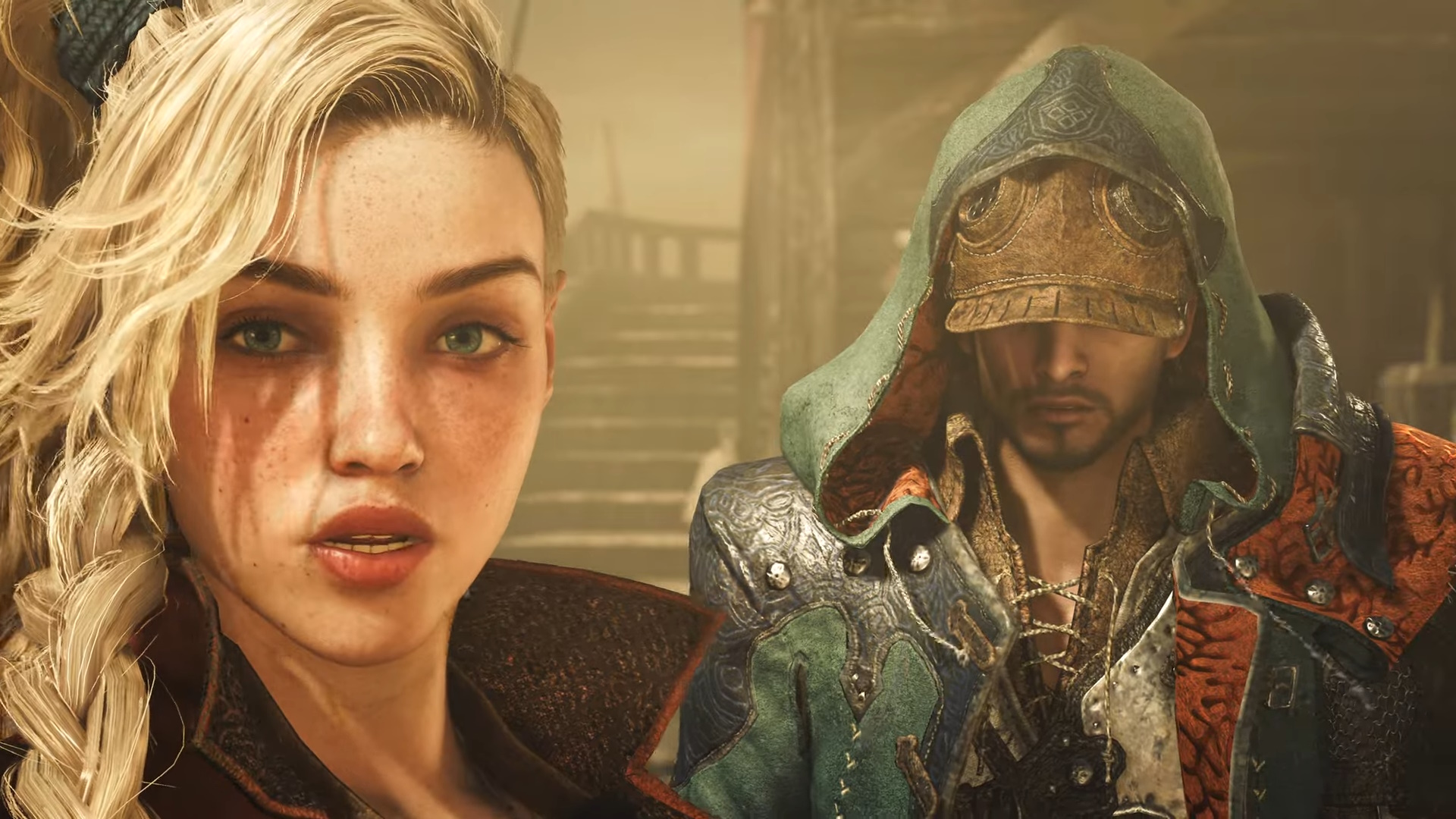
"51 pages of transcriptions, three languages, thousands of hours of audio analysis, transcribing, cross referencing, reworking, pattern testing, deciphering, and a little help from the community and I am about two months away from posting a fully functional language as close to the language spoken by those of Yukumo, Elgado, Kamura, and Pokke Village," they said in their post last month.
This isn't a mechanically complete reverse-engineering of MHL, Moofah tells me over Discord. "Truly reverse-engineering the language is impossible" due to the way Capcom has created it, so the goal is "to do my best to recreate something as close as possible to the real thing."
"This includes but is not limited to a full grammatical structure directly recreated from how it seems to be formed in the game's version of the language and a 400+ word lexicon with most words directly translated from their use in the game," they explain. They don't have a finished written version of the language since "we only have a little to go off of writing-wise," but the work that's gone into the spoken language is staggering.
"Right now I am trying to finish the lexicon to try to get around 450-ish words before taking a month to just write up the second half of the language teaching PDF," they explain. "Once the PDF is out, I plan to release language teaching videos on YouTube to both add vocal context to pronunciation (though there are pronunciation guides in the PDF next to every new word) and have a digestible form of learning if people don't like reading."
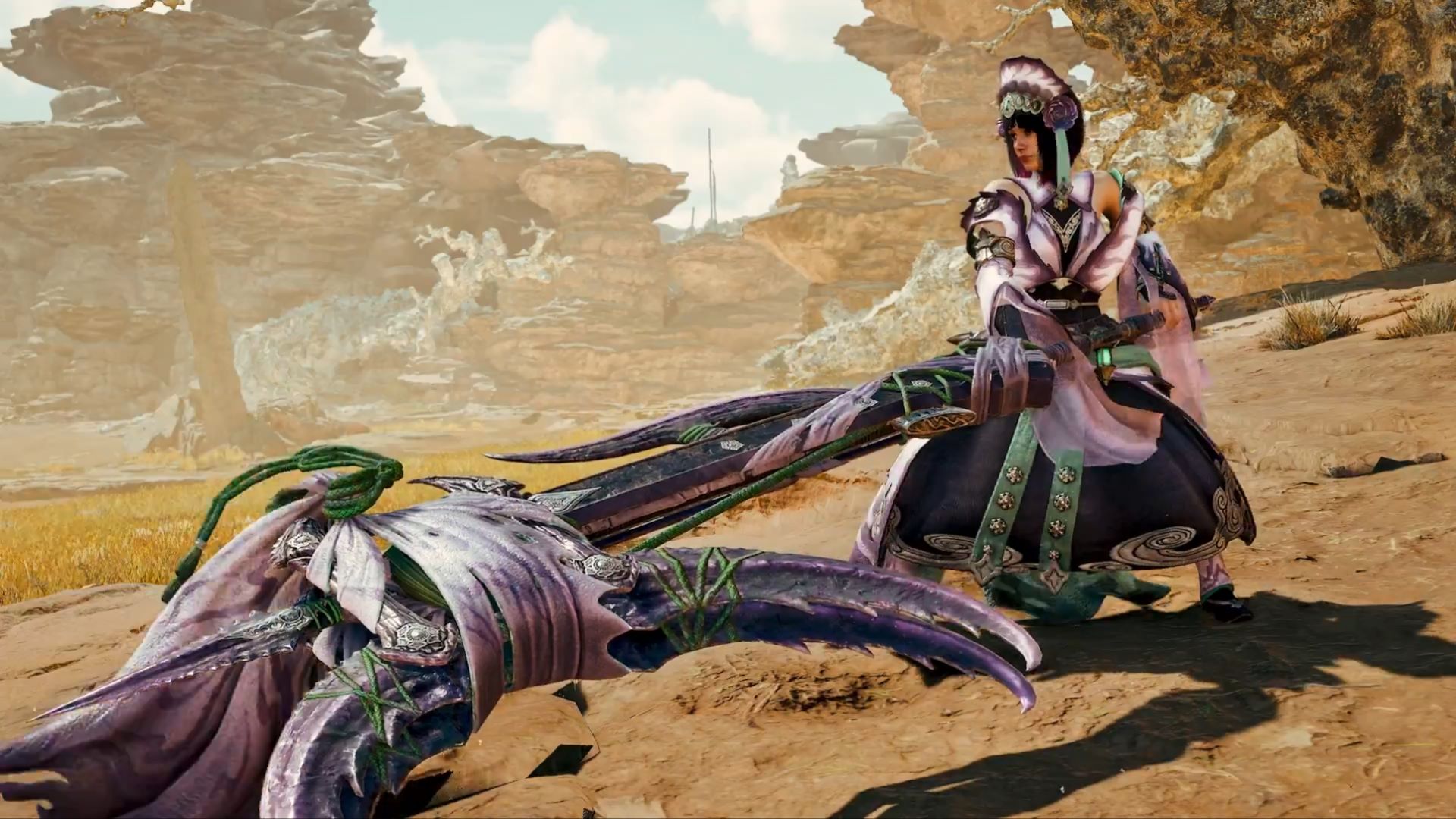
Moofah has now boiled MHL down to five major languages that exist alongside a few trace dialects and the more fringe language used by the elder Wyverians. Those are, in their words:
- West Islander: The language spoken by those in Yukumo, Kamura, and Pokke village.
- Guild Standard: This is the main language spoken by Hunters and guild members. You can hear it in MH World/Iceborne, hunters or guild members like Reverto from MH Stories 1 speak it, and the writing system can be seen in MH World, in Sophia the Guildmarm's book in MH4U, and in the background of the encyclopedia within Stories 2.
- Inlander: This is the language that we hear in MHX/XX and MH Generations / Ultimate. It's spoken by the people of Bherna. A good example if you wanna hear it is the song "Let's Nyance."
- Coastal: This is what you hear in MH Tri, spoken by those in the south eastern coastal area like Port Tanzia, Moga, and even Loc Loc.
- South Islander: This is the language spoken by those native to the south western islands such as the people of Hakum village and can be heard by the cast of MH Stories 1.
For a modern example, Moofah tells me that "Monster Hunter Wilds de garegare dute husoti gire" translates pretty cleanly to "It feels like we've been waiting for Monster Hunter Wilds for years." Meanwhile, "Ruku soshi de Monster Hunter maiera?" would mean "Which village in Monster Hunter do you like?" In-game, you'll often hear "Teruufu" as a greeting in the tutorial. "If you practice, you'll become a skillful hunter" would be "Sura ti ebeku, kinata ra suto ridagire." It really is a workable language.
Could you repeat that?
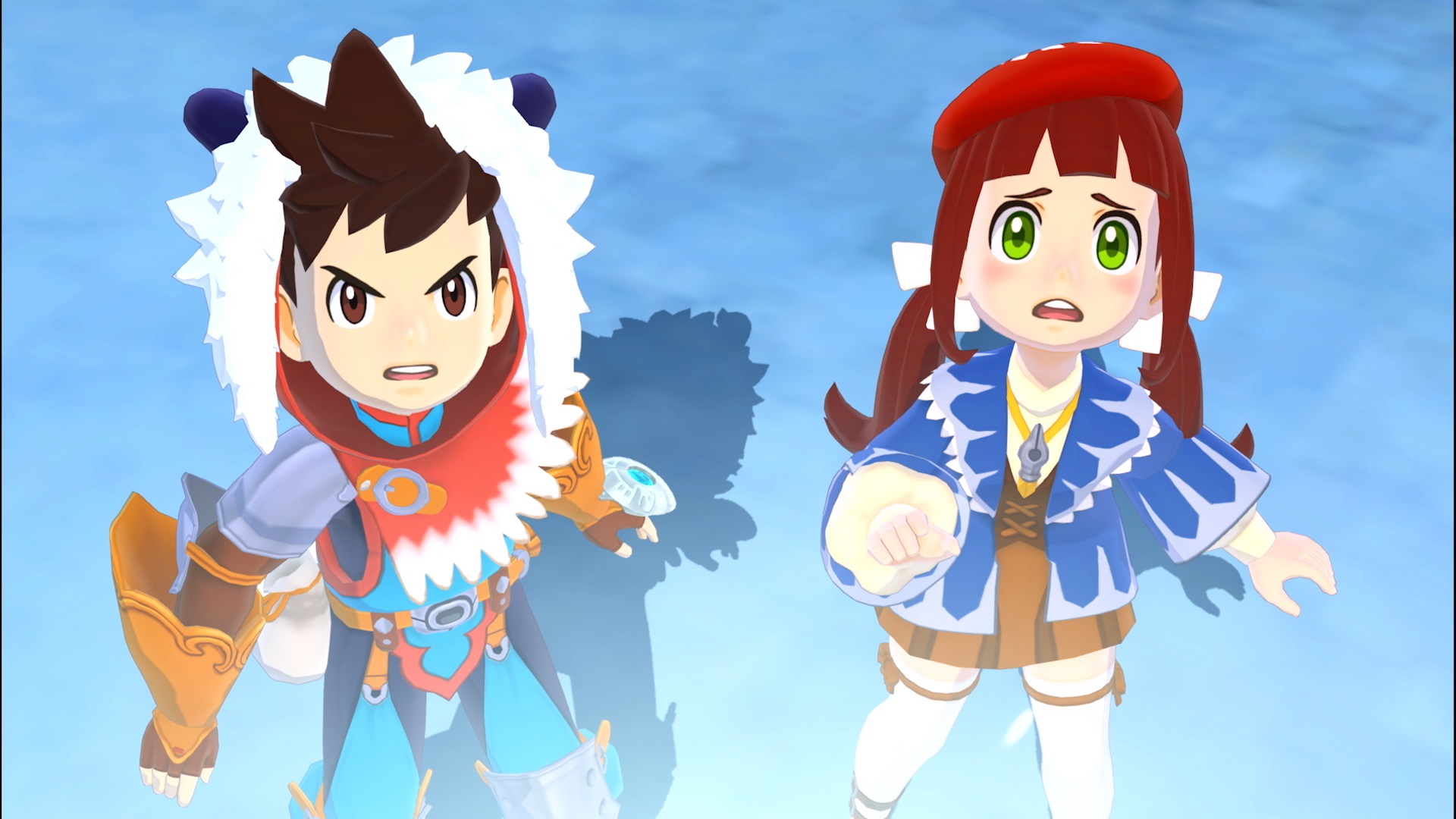
How do you decode MHL? First you have to understand how Capcom makes it. The problem is, we don't totally know. "The Japanese script is run through a translation into a mystery language then phonetically back into Japanese, and finally goes through an algorithm to get our final result," Moofah reasons. "We know that the language was French for Monster Hunter Generations, however we do not know the languages for any other game, and furthermore we do not know what 'other processes' Capcom's teams use." Moofah wishes Capcom was a little more "straightforward" about this, but respects the dev's choice "to keep it a mystery."
To untangle these Christmas lights as best as they could, Moofah started by recording Monster Hunter cutscenes twice - once in MHL and once in Japanese - leading to over 45GB of audio recordings just from Rise and Sunbreak.
"Once I had all that audio, I transcribed all of it neatly into scenes, the first line of each piece of dialogue being the MHL one written out phonetically, then the Japanese, then finally my own English translation under that since the English script and translations are not trustworthy and are highly inaccurate," they continue. "The English would be there to act as an aid for when I wanted to search for context clues so it had to be as literal and un-localized as possible.
"Once I had my 50+ pages of transcriptions done, I began hunting down and recording words that had obvious meanings that either were said alone, or were reoccurring in sentences that made it obvious what the word's use was. This finding, cross referencing, and building of a lexicon was the most fun but also the process that took the longest. If I had to pick my least favorite part, it'd be the translation of the Japanese because I would sometimes have to consult with the MH community who read better than me if I suspected I was misinterpreting a word. The MH community is very kind and I want to thank them for their help."
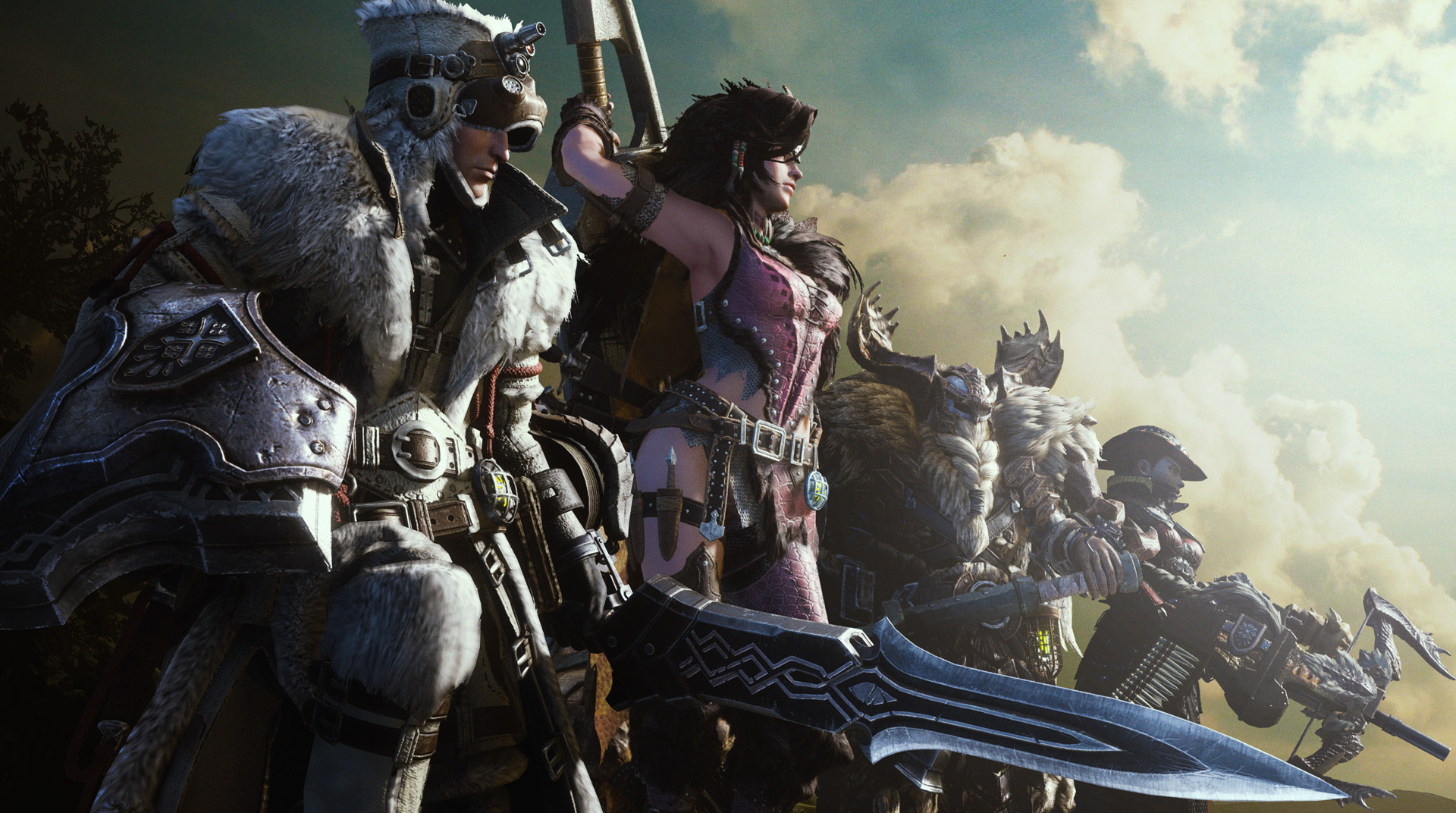
Surprise, surprise: this process was extremely difficult and could be intimidating, with some mountains looking unscalable at times. Ironically, one "freeing" breakthrough was the realization that the language itself doesn't make perfect sense, so the lexicon doesn't really have to either. "I began to realize that during the translation process by Capcom, even if the same Japanese word was used in two different sentences, the context could change the word given in the output language," Moofah says. "Thus two sentences in the Japanese script would both use the exact same word, tense, and form but still have different words used in the MHL sentences." Capcom's mind is an enigma.
"I have likely invested around 2,000+ hours of my time on it," Moofah says, and that number is "quickly rising as I've put my nose to the proverbial grindstone this year to finish it prior to Monster Hunter Wilds releasing."
Given their background, I couldn't help but ask their opinion on the surprising decision to make the Palico cat companions in Monster Hunter Wilds speak in human tongues after 20 years of meowing.
"Palico as well as all Felynes have always had dialogue boxes for speech and only in World did they make the choice to keep them from speaking," Moofah said. "I think they are very cute and it's lovely to see them vocalizing their thoughts and feelings."







